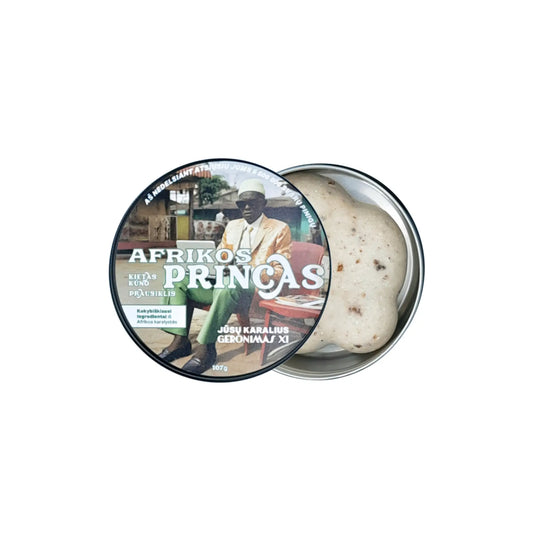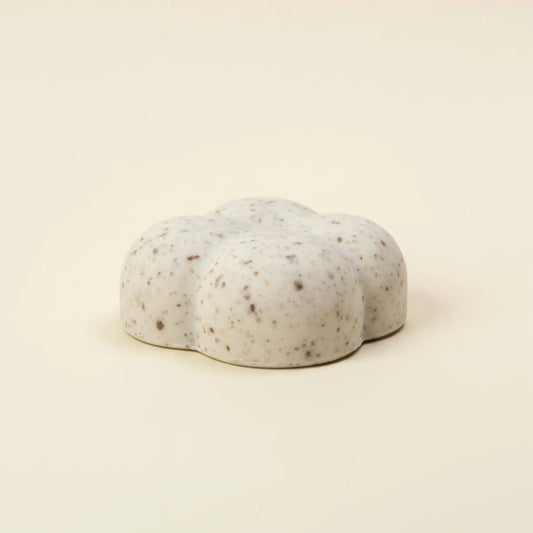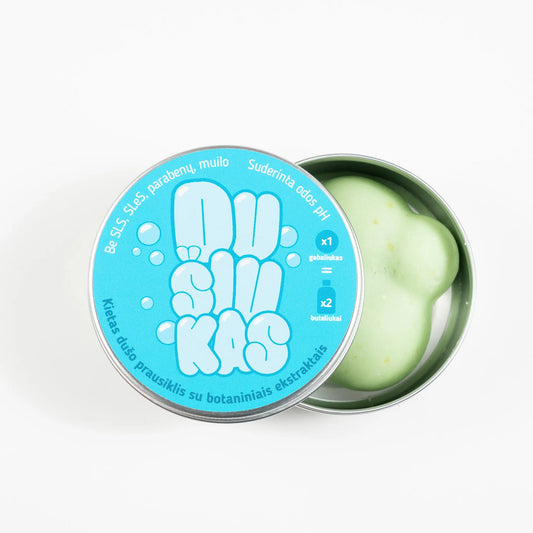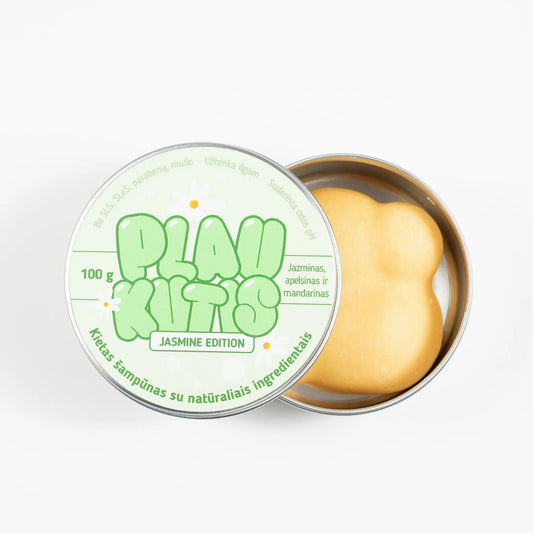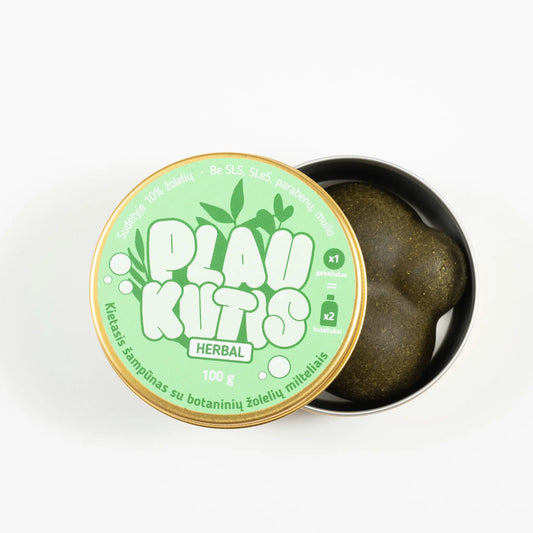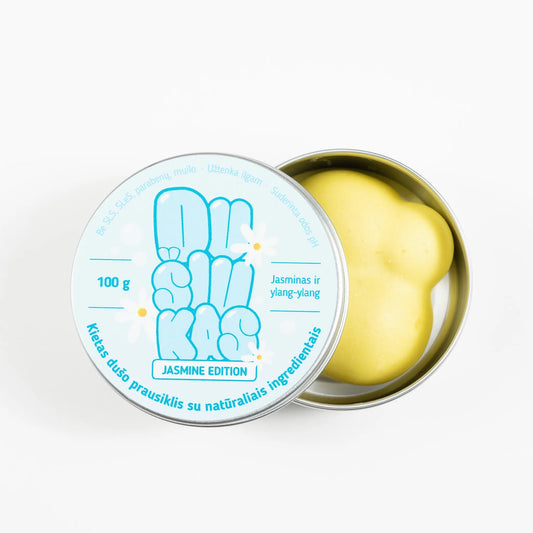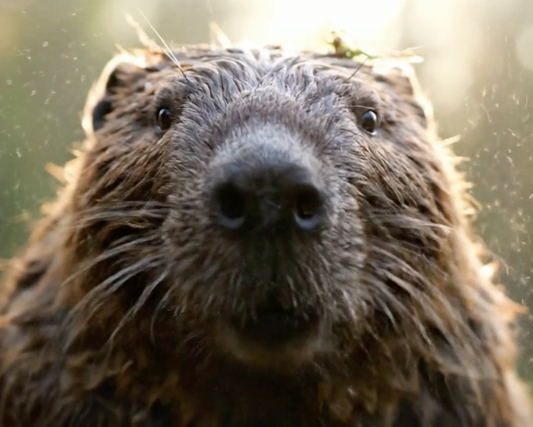When it comes to healthy, beautiful hair, most of us think of vitamins like biotin or maybe even iron. But did you know that trace minerals also play a big role in keeping your hair strong and shiny? Minerals like copper, magnesium, and manganese are essential to promoting hair growth, maintaining scalp health, and preventing hair loss. They may be small, but their impact is huge!
Micronutrients are essential because they support cellular function and contribute to the production of keratin , the main protein that makes up your hair. Without enough of these minerals, your hair can become weaker, thinner, and even start to lose its color. Studies show that 30% of people who suffer from hair loss are deficient in key micronutrients like copper and magnesium ( Journal of Dermatology Research ). Let’s take a look at how these micronutrients work and how you can make sure you’re getting enough of them for healthy hair.

Copper and hair pigmentation
Copper plays an important role in hair pigmentation. It is a key component in the production of melanin, which gives your hair its color. Melanin is what makes your hair black, brown, red, or blonde. If your body lacks copper, it can't produce melanin properly , which can lead to premature graying. If you've noticed a few gray hairs appearing earlier than you expected, a copper deficiency may be part of the reason.

Interestingly, studies have shown that low copper levels are not only linked to premature graying, but also to weakened hair structure . Copper is also essential for the formation of collagen , which is a protein that helps keep your hair strong and elastic. Without adequate copper levels, your hair may be more prone to breakage. A 2019 study in Nutrients found that individuals with low copper levels had a 25% higher risk of premature graying , compared to those with adequate copper intake.
Did you know that foods like oysters, nuts, seeds, and leafy greens are excellent sources of copper? Just a handful of cashews or a serving of spinach can provide a significant portion of your daily copper needs. In some cultures, traditional treatments for gray hair often include copper-rich plants or foods. For example, Ayurveda (a traditional Indian system of medicine) recommends consuming copper-rich foods to maintain natural hair color. In ancient Egypt, copper was considered a key element of beauty , and copper-based ointments were used to maintain hair and skin health.
Magnesium and hair follicle strength
Magnesium is another trace mineral that plays an important role in hair health. One of its main functions is to prevent calcium buildup on the scalp . Calcium buildup can block hair follicles , preventing them from producing new hair and causing hair thinning. By maintaining calcium balance, magnesium ensures that your hair follicles stay healthy and continue to grow new strands. A study in the International Journal of Trichology found that individuals with low magnesium levels were 40% more likely to experience calcium buildup , which can contribute to hair loss.

Magnesium also contributes to cell regeneration. Your hair follicles are some of the fastest-regenerating cells in your body, and magnesium helps ensure they have the energy and resources they need to function properly. Studies have found that people with magnesium deficiencies are more likely to experience thinning hair and even bald spots . In Japan, it’s common to use magnesium-rich seaweed extracts in hair care products to promote follicle health and reduce hair thinning.

If you want to increase your magnesium intake , consider including foods like almonds, avocados, bananas, and dark leafy greens in your diet. In addition to dietary sources, Epsom salt baths are a popular way to absorb magnesium through your skin. Plus, who doesn’t love a relaxing soak in a bath? Fun fact: In ancient Greece, magnesium-rich water was often used for its healing properties, including improving skin and hair health. Magnesium sulfate, also known as Epsom salt, has been used for centuries to reduce stress and promote healthy hair growth.
Manganese and hair health
Manganese may not be as well-known as some other minerals, but it's just as important for healthy hair. Manganese is involved in the production of antioxidant enzymes that protect your hair from environmental damage. These enzymes help fight the effects of pollution, UV radiation, and other factors that can weaken your hair over time. According to a study in Environmental Health Perspectives , exposure to high levels of pollution can lead to a 15% increase in hair thinning , highlighting the importance of antioxidants like manganese in protecting hair health.

Manganese also plays a role in maintaining scalp health. Manganese deficiency can lead to weakened hair and scalp conditions like seborrheic dermatitis, which can cause itching, flaking, and even hair loss. By ensuring you have enough manganese in your system, you can help protect both your hair and scalp. A 2017 study in Biological Trace Element Research found that supplementing with manganese improved the symptoms of seborrheic dermatitis in 65% of participants .
Foods like pineapple, whole grains, nuts, and legumes are all great sources of manganese. If you’ve ever enjoyed a tropical fruit salad with pineapple, you’ve already given your body a good dose of manganese. In fact, pineapple has been used in some cultures as a remedy for scalp problems , due to its manganese content and natural anti-inflammatory properties. In Hawaii, pineapple has been traditionally used not only for its taste, but also for its health benefits, including promoting scalp health.

Myth busting: Interesting facts about micronutrients and hair health
Myth 1: Copper supplements can reverse gray hair - Although copper is important for melanin production , taking copper supplements alone will not reverse gray hair overnight . Hair color changes are often caused by a combination of genetics, aging, and diet .
Myth 2: Magnesium is just for muscles - Many people think magnesium is for muscle spasms, but it is just as important for scalp health and opening hair follicles .
Fact 1: Copper helps prevent brittle hair - Copper plays a role in collagen production , which helps keep hair strong and less prone to breakage. A 2020 study found that individuals who consumed sufficient copper had a 30% lower rate of hair breakage .
Fact 2: Magnesium can reduce hair thinning - Studies show that increasing your magnesium intake can reduce hair thinning by 20-30% over time . In Italy, magnesium-rich mineral water is often used as a natural remedy to promote hair health.
Fact 3: Manganese is a powerful protector - Manganese helps produce antioxidants that protect hair from UV damage and pollution, keeping it healthy and vibrant. A study published in the Journal of Photochemistry and Photobiology found that manganese antioxidants reduced UV-induced hair damage by 25% .

Practical tips on how to maintain optimal micronutrient levels
- Eat a balanced diet: Focus on including a variety of foods , such as nuts, seeds, leafy greens, seafood, and whole grains , to ensure adequate intake of copper, magnesium, and manganese.
- Use mineral-enriched hair products: Some shampoos and conditioners contain minerals , such as copper peptides or magnesium , that support scalp health. Look for products that contain these ingredients.
- Consider supplements: If you're having trouble getting enough micronutrients from food alone, talk to your healthcare professional about supplements. Just make sure you don't overdose —it's important to maintain a balance.
- Try a relaxing Epsom salt bath: Not only does it help increase magnesium levels , it also reduces stress, which can indirectly affect hair health.
- Incorporate cultural practices: Consider incorporating traditional practices, such as using seaweed extracts or pineapple-based scalp treatments , to naturally increase micronutrient intake and promote hair health.

FAQs about micronutrients and hair health
- Can copper deficiency cause hair loss? Yes, copper deficiency can lead to weak hair structure and increased hair loss . Copper is essential for maintaining hair strength .
- Is magnesium good for hair growth? Absolutely. Magnesium helps keep hair follicles free of calcium buildup , which allows for better hair growth and reduces thinning.
- How do I know if I need more manganese? Common signs of manganese deficiency include weak hair , scalp problems such as seborrheic dermatitis , and slow hair growth . A healthcare professional can help determine if you need more manganese.
- Are there any side effects to taking too many trace minerals? Yes, taking too much of any mineral can cause health problems . For example, too much copper can cause nausea and digestive problems . Always consult a healthcare professional before taking supplements .
- Can micronutrients really improve my hair? Yes! Micronutrients like copper, magnesium, and manganese are essential for healthy hair . They help with pigmentation, follicle health, and protection from environmental damage .

Conclusion: The importance of trace elements for hair growth
Copper, magnesium, and manganese may not get as much attention as other nutrients, but they play an important role in promoting healthy hair growth and preventing hair loss . Whether it's supporting melanin production , preventing follicle blockages , or protecting against environmental damage , these trace elements are key players in helping to keep your hair strong and vibrant.
Make sure you include a variety of mineral-rich foods in your diet , and don't be afraid to reach for supplements if you need extra help. With the right balance of nutrients, you can keep your hair looking and feeling its best!
